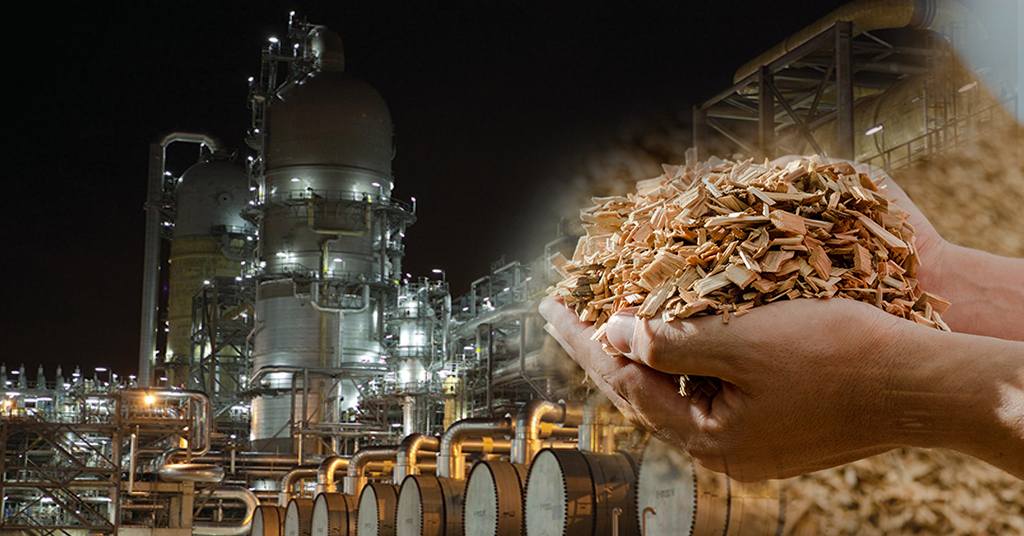Welcome To ChemAnalyst

The Asian market is gulping up Russian oil and Naphtha exports, which have high discounts due to the weak downstream demands, poor refinery margins, and several countries brushing off the price caps assisting this rise in Russian exports.
China is importing crude oil from Russia at a record-breaking discount level. Recently, India has started importing Naphtha from Russia, which is a rare occurrence in the oil market. Now, South Korea has also begun importing Russian Naphtha through Tunisia.
Russia's largest oil consumer, China, has rejected the recent price cap on Russian crude. Traders claimed that business was going as usual. The majority of ESPO (Eastern Siberia–Pacific Ocean oil) exports from the Russian Far Eastern port of Kozmino go to China's independent refiners, who are protected from potential secondary sanctions from the price cap by securing the supplies almost exclusively on a delivered basis from merchants who handle shipping and insurance.
Chinese refiners like the light sweet crude due to its closeness and high output of middle distillates. However, the zero-COVID policy of the Chinese government has hurt the nation's economy and reduced demand for crude.
The largest importer of Naphtha in the world, South Korea, purchased 590,000 tonnes of the petrochemical fuel from Russia last year, accounting for about 25% of its overall imports. This month, Tunisia will ship around 274,000 tonnes of Naphtha to Seoul. Tunisia, which infrequently imports Naphtha, received 410,000 tonnes of the light distillate from Russia from August through November of this year, as opposed to zero in all of 2021. According to a representative of Tunisia's energy ministry, "Tunisia does not import naphtha; Tunisia exports it."
According to ChemAnalyst, the prices of Naphtha in the Asian market are expected to ease since India is set to receive more tonnes during December. The cost of Naphtha in South Korea is also forecasted to decrease since the inventory level meant for exports is strong in Tunisia.
We use cookies to deliver the best possible experience on our website. To learn more, visit our Privacy Policy. By continuing to use this site or by closing this box, you consent to our use of cookies. More info.
